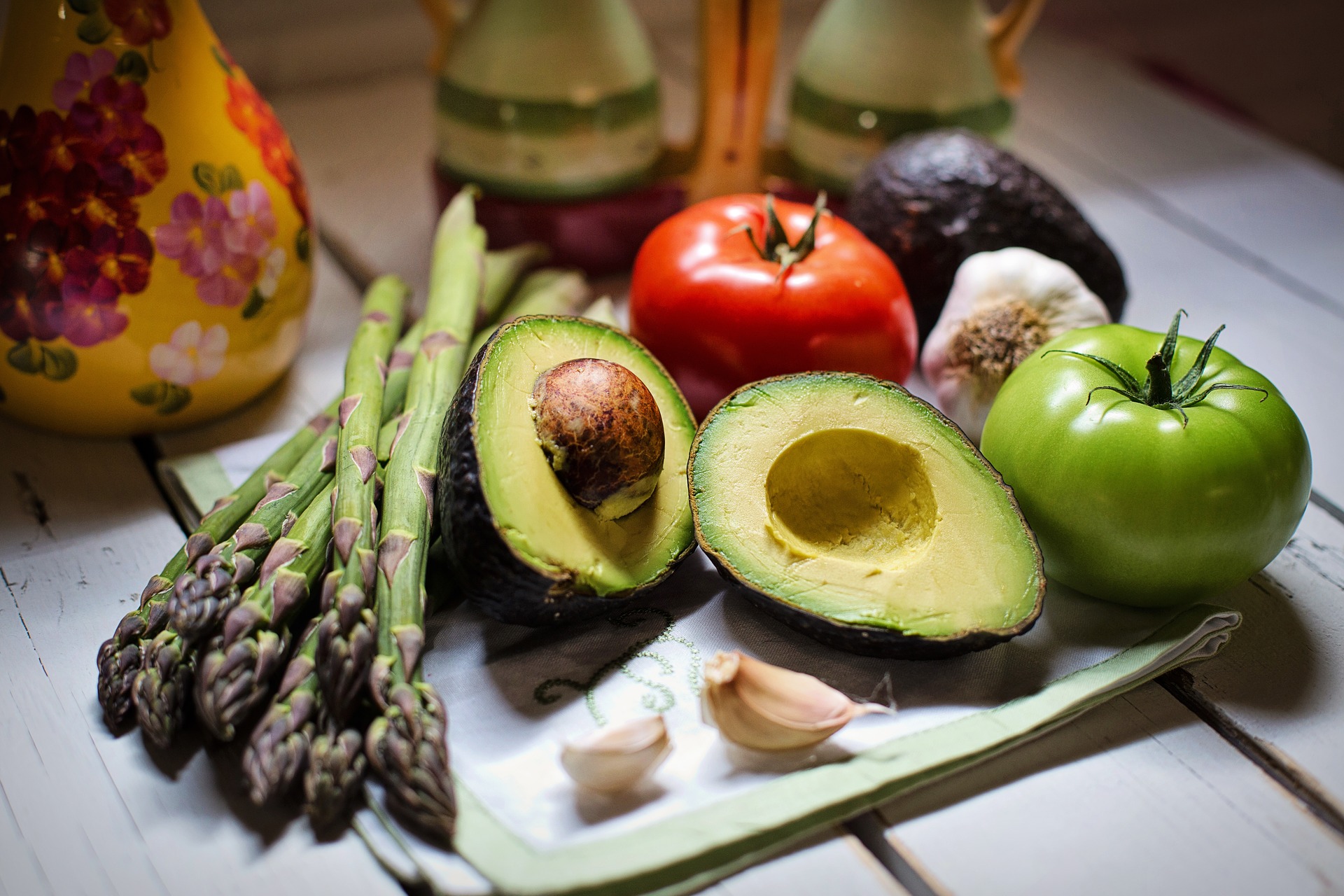Tired. Burnt out. Sick. Overweight.
Unfortunately, these adjectives describe way too many people in today’s world. Jobs and lack of exercise, among other things, take the brunt of the blame. But how many people actually step back and take a look at their diet?
The Western pattern diet, commonly referred to as the standard American diet (appropriately abbreviated to SAD), is high in processed foods, as well as sodium, saturated fats, and added sugar. More than half of people who eat this way over-consume protein, grains, and total calories.
According to the CDC, only 1 in 10 Americans eat the recommended amount of fruits and vegetables each day. While many people understand that adding food items like fruits and vegetables to their diet may help them to be healthier, evidence shows that eliminating food like meat, dairy, and eggs may be more effective at helping the population to live better, longer lives.
Animal products are more likely to be higher in saturated fat and LDL (aka bad) cholesterol, as well as antibiotics and hormones. Cutting out those food products means cutting out the synthetic and bad-for-you components, and replacing them with foods that contribute to overall health.
Better Nutrition & Easier Weight Loss
When one removes the animal products from their diet, what’s left for them to eat are foods which are truly made for enhancing health. Adopting a vegan diet encourages you to eat more leafy greens, fresh fruits and vegetables, whole grains, beans, lentils, legumes, nuts, and seeds…also known as the most nutrient-dense foods available to humans.
While it varies from plant to plant, plant foods are some of the best sources of fiber, vitamin C, calcium, antioxidants, and yes, protein.
As an added bonus, most plant-based foods are low in fat and high in fiber, making it easier to slim down by at least a few pounds without even trying!
Sadly, though, veganism isn’t a magical diet that will suddenly make you healthy. It’s plenty easy to be unhealthy on a vegan diet – French fries, Oreos, and soymilk ice creams are all vegan, and not necessarily healthy, either. Sticking to whole foods, mostly plants, for about 80% of your meals is the best way to enjoy the nutritional benefits of a vegan diet.
Increased Energy
Anecdotally, as there are no objective ways to measure a person’s energy levels, vegans who follow a healthy, plant-based diet have more mental and physical energy than they did when eating a diet that included animal products.
This is thought to be due to consuming better quality nutrients and foods that are easier on the body’s digestive system – less energy spent digesting food means more energy available for focusing and for being out and about in daily life.
Decreased Risk of Cancers & Diseases
In the western world, a male omnivore’s risk of developing heart disease is 50%, compared to just 4% for male vegans. In 2015, the World Health Organization classified red meats as Group 2A, “probably carcinogenic to humans”, and grouped processed meat in the same carcinogen risk category as tobacco, Group 1. Also in 2015, US National Institute of Health published a study concluding that the hormones in dairy foods “could be considered as a remarkable concern for consumers, producers and public health authorities”. Additionally, conditions such as diabetes have been linked to meat and animal product consumption.
Those who follow a plant-based vegan diet eliminate the carcinogens and the added hormones, therefore putting themselves at a lower risk for developing cancers, diseases, and lifelong conditions. In fact, recent studies have shown that a plant-based vegan diet may actually reverse cancers!
A Compassionate Lifestyle
Whether you’re doing it for you or for the animals, each year on average, a vegan lifestyle spares the lives of nearly 200 animals that were not bred to be killed, according to PETA. Over 56 billion land animals are killed for food each year around the world.
Opting for a vegan diet and lifestyle means opting out of commissioning the suffering, harm, and death of so many animals.


